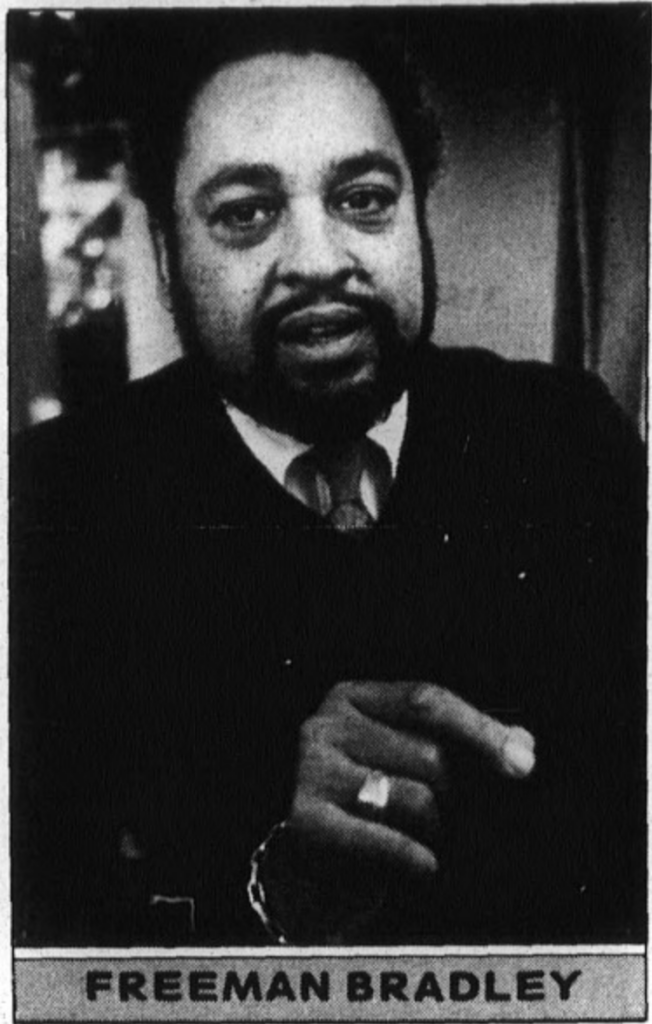This is a guest post by Antoine S. Johnson, Ph.D. Candidate, UCSF History of Health Sciences.
The 2020 police killings of Breonna Taylor and George Floyd facilitated important dialogue about racism being a public health issue. It also led to myriad student demands at college campuses throughout the nation, including at UCSF. Students demanded course curriculum addressing racism in science and medicine, with the hopes that such information and classes would be integrated in their field. One of the results were Grad 202: Racism in Science, which was taught in the Fall 2020 quarter by Dr. Aimee Medeiros and me. Almost 200 students enrolled in the course, causing us to create two sections. As a Ph.D. candidate in UCSF’s History of Health Sciences program, this was an invaluable experience that allowed me to build community with several students in the class who are now working on an article on the importance of such classes in science programs.
Demand remained high after the class, culminating in mini courses, including this one, that would continue such conversations and answer student requests. Grad 219: The Black Experience in American Medicine, examines ways Black people have not only been the victims of medical racism, but also how they contributed to the creation and expansion of medicine and science; how they have operated in their respected fields; and the harm caused by biological deterministic arguments of so-called racial differences. Although only three weeks long, students will leave this class with an understanding of the medical community’s relationship with African Americans from the antebellum period to the present. From an analytical perspective, this class will foster honest and open conversations about the assigned material. Additionally, students will have the opportunity to share their thoughts on any conversation, reading, video, or observation through weekly blog posts that will be published here, on the UCSF Archives & Special Collection, Brought to Light blog. These are not polished submissions but are rather their takeaways on things that stood out to them. In doing so, they will be able to offer one another constructive feedback by commenting on each other’s posts to continue pertinent conversations.
Thank you, and welcome to Grad 219 Course: The Black Experience in American Medicine.

